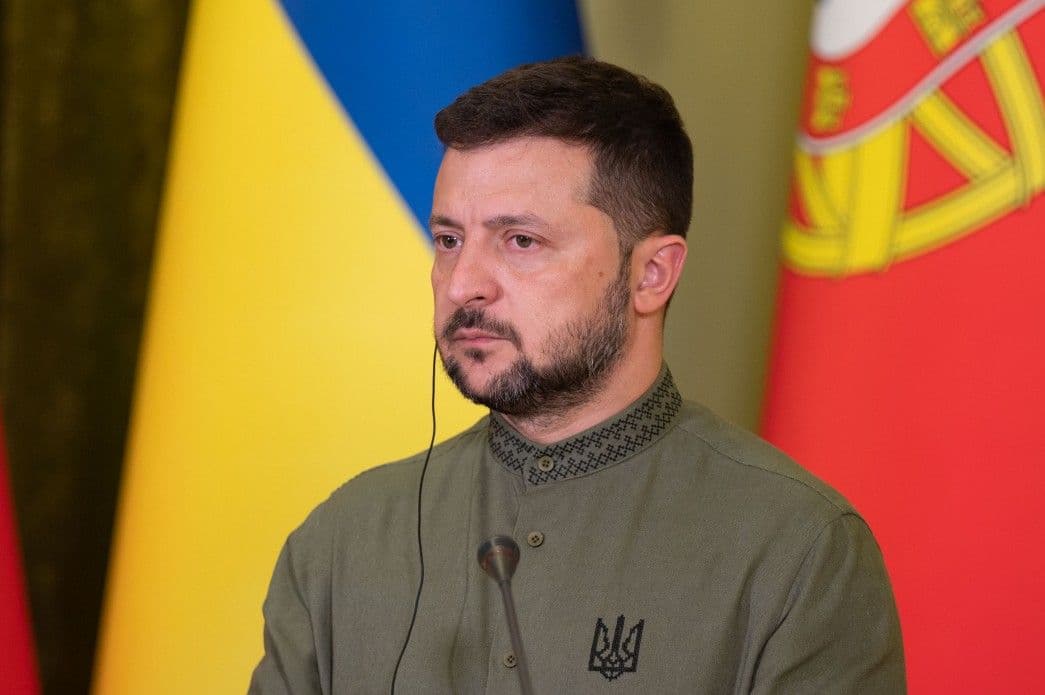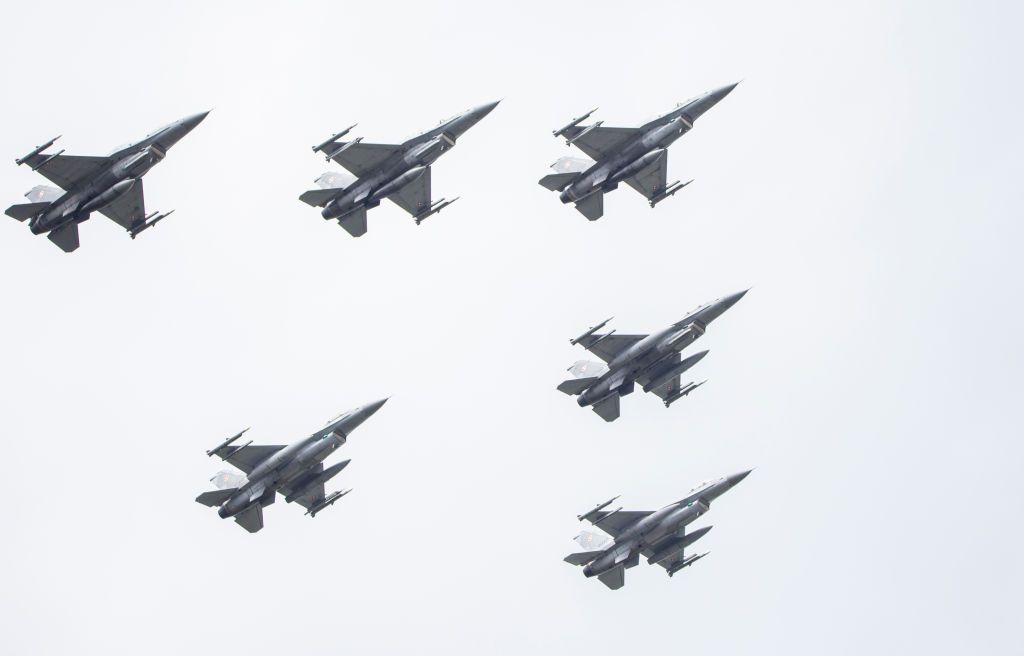Zelensky arrives in Portugal, signs bilateral security deal

Ukraine's President Volodymyr Zelensky and Portuguese Prime Minister Luis Montenegro said at a news conference on May 28 that they had signed a 10-year bilateral security agreement.
Portugal becomes the 12th country to sign such a deal, along with Belgium, Spain, the U.K., Germany, France, Denmark, Italy, Canada,the Netherlands, Finland, and Latvia.
Zelensky arrived in Portugal on May 28 after visits to Brussels and Madrid, where he signed bilateral security agreements with the two nations' leaders.
Under the agreement, Portugal will allocate at least 126 million euros ($137 million) in military aid for Ukraine in 2024.
The document also says that Lisbon confirms its participation in the F-16 and naval capabilities coalitions, as well as programs for artillery ammunition procurement, mine clearance, and maritime security.
The two parties agreed to cooperate in the defense industry, intelligence, cyber security, and countering disinformation.
This is Zelensky's first visit to Portugal since he took office in 2019. Zelensky is also expected to meet Portuguese President Marcelo Rebelo de Souza and Ukrainian refugees.
The trip had originally been scheduled for mid-May but, according to CNN Portugal, the change in plans was forced by the "serious internal situation in Ukraine at the moment."
Russia launched a new offensive on May 10 in northern Kharkiv Oblast. Moscow's forces had reportedly managed to advance as far as 10 kilometers (6 miles) into the region but had been halted by the first line of defense.













